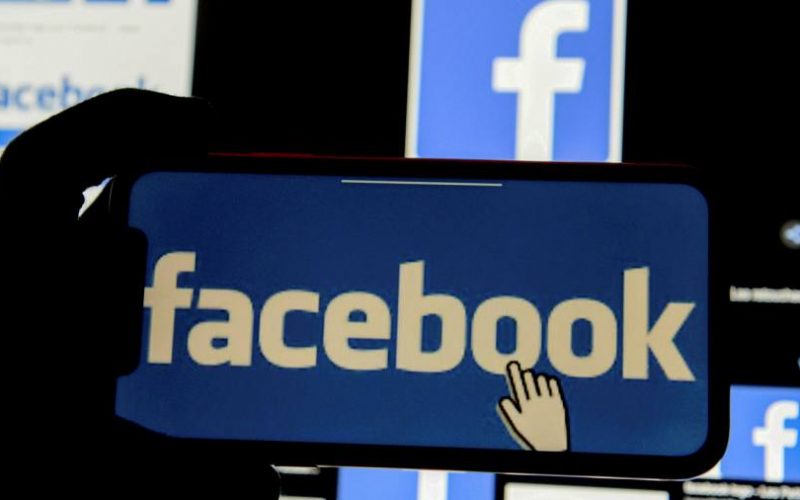On the same day that it exceeded the barrier of a trillion dollars in capitalization on Wall Street, with a rise of almost 5% of its shares, Facebook this Monday has scored a great victory against the antitrust offensive of the US federal government and most states. A federal judge has dismissed the lawsuit filed in December by the trade regulator (Federal Trade Commission, FTC) and 48 states – almost all of the country – for abuse of their market position.
Washington District Judge James Boasberg rejected the lawsuit on Monday on the grounds that the FTC’s was “legally insufficient,” for lack of arguments to support Facebook’s alleged monopoly charges. However, Boasberg has determined that the FTC can try again and has given him 30 days to file a new, corrected complaint.
An undoubted triumph for Facebook and at the same time the first setback, as head of the FTC, of Lina Khan, one of the star appointments of President Joe Biden, confirmed on June 15 by the Senate. Khan is a law professor highly critical of the power of the Big Five, as the Big Five tech companies (Amazon, Google, Apple, Facebook, and Microsoft) are known.
The Washington judge has also rejected the arguments presented by the states, claiming that the respective attorneys general had waited too long to publish them.
Why can’t you write to Facebook from Twitter? The incompatibility of networks as a business model
Through the lawsuit filed in December, its promoters wanted, if it was accepted for processing and the ruling was favorable, that the Palo Alto technology company would reduce its size and its dominant position. According to the text, Mark Zuckerberg’s company has been maintaining a “monopoly” in the social media sector for years through business conduct that undermines the free exercise of competition.
In the framework of a generalized offensive against technology, both in the US and in the European Union , this oxygen balloon reaches Facebook after last Wednesday a committee of the House of Representatives validated six bills that seek to do so.
The same as the demand of the FTC and the States: limit the monopoly of technology companies, force them to divest in some cases and prevent unfair competition, which had made it easier for their platforms to neutralize and absorb small rivals without the possibility of resistance. The antitrust legislative package has yet to go through the full House and Senate.
But the intention of the White House does not wane and, according to the Reuters agency, it intends to abound in its antitrust policy through an executive order that limits market abuse by large companies, from banks to airlines and, of course, large technology companies.
According to sources close to the team of experts advising President Biden, the order is “quite developed” and is based on a 2016 report – in the final stretch of the Barack Obama Administration – drawn up by the economic council of the presidency. There is no scheduled date of execution or publication, according to the same sources. Another prominent critic of monopolies is on Biden’s advisory board, fellow academic Tim Wu, theorist of the so-called net neutrality policy.









